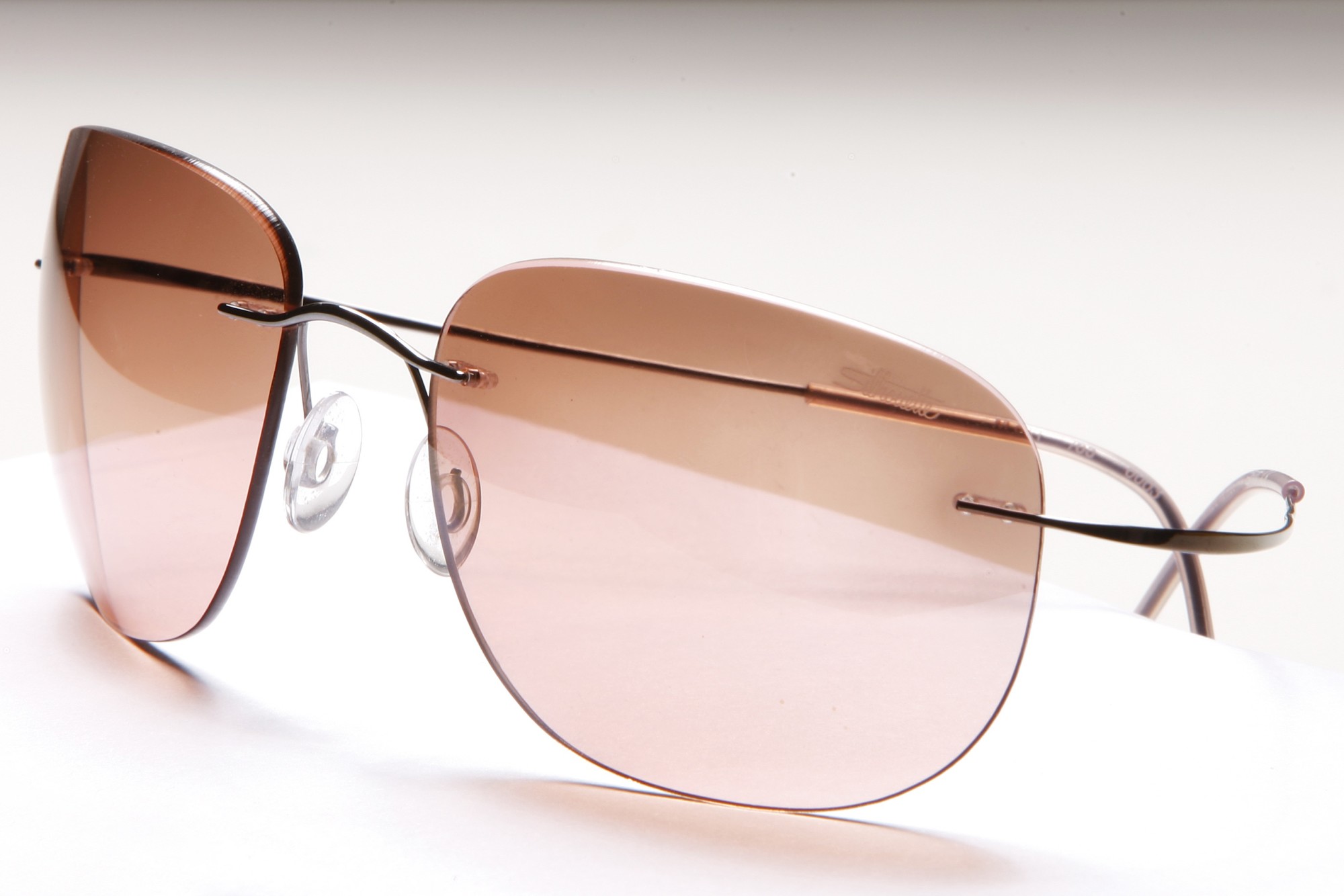It’s no secret that UV (Ultraviolet) rays can damage your eyes. Many prescription eyeglasses and sunglasses come with UV protection, but not all lenses are created equal.
But if you already have some glasses, how can you make sure that your eyes are being kept safe?
What can happen if you don’t have proper UV protection lenses in your glasses?
Read on for a comprehensive look into the importance of proper eyewear, and let your eyes see clearly for the first time and glasses with blue light blocking.
Table of Contents
What Are the Different Types of UV?
There are two common types of UV rays that can damage your eyes:
- UV-A rays generally affect the center of your vision, the macula, and the retina.
- UV-B is absorbed mostly by the cornea and the lens of your eye. These rays can cause even more damage than UV-A.
UV-C is the most damaging, but the ozone layer blocks them.
What Do UV Protection Lenses Do?
Most prescription lenses offer different treatments based on the user’s needs. Ultraviolet treatments block the rays from your eyes, while still being clear for everyday use. If you aren’t sure what protection your current glasses provide, consider getting a new glasses prescription to keep your eyes safe.
Another option is photochromatic lenses, which change and darken with the presence of UV rays. They automatically adjust for the wearer without the need to switch to sunglasses.
The most effective protection is sunglasses that have UV protection. Ideally, your sunglasses should block out 100% of UV rays and as much of the skin around your eyes as possible.
Cheap sunglasses can offer temporary protection, but the lenses are usually treated only for temporary use and can fade with time. Higher-quality sunglasses have the UV protection embedded into the lens, so the protection lasts as long as the glasses do.
Protect the Whole Family
While it’s easy as an adult to remember proper eye protection when the sun is out, the children in your care must remain protected as well.
Kids are more likely to have damage done to their eyes from UV rays because the lens in their eyes is clearer. More of the damaging rays can get in, and since they are likely to spend more time outdoors, it’s essential to educate them early for long term eye health.
How Can I Protect My Eyes Today?
If you live in a region that allows you to spend a great deal of time outdoors, consider bulking up on your eye protection.
- Protective lenses are essential for your overall eye health.
- Consider always applying at least SPF15 sunblock to your face.
- Wearing a hat for outdoor activities. Depending on where the sun is in the sky, the angle could still cut through your sunglasses. A hat can help prevent this.
- Try to plan outdoor events that don’t fall in the sun’s peak hours (usually 10 am-3 pm). Planning this way will help you avoid the most concentrated UV rays of the day.
Your eyes let you see and experience the world around you, so take good care of them every day. Contact your optician today for more information or to get your own pair of UV protection lenses.













